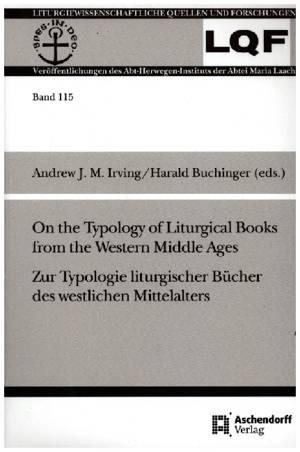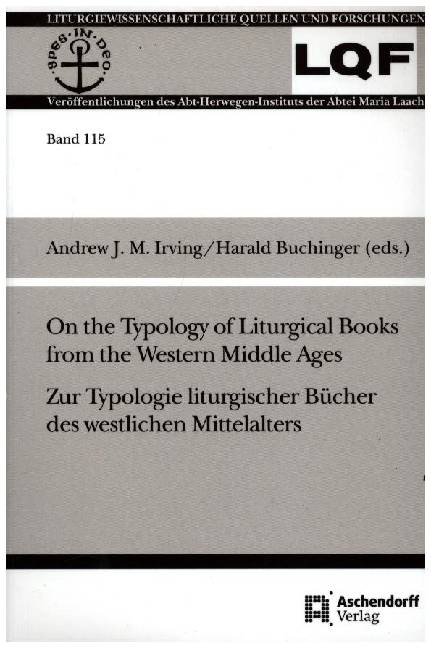
Bedankt voor het vertrouwen het afgelopen jaar! Om jou te bedanken bieden we GRATIS verzending (in België) aan op alles gedurende de hele maand januari.
- Afhalen na 1 uur in een winkel met voorraad
- In januari gratis thuislevering in België
- Ruim aanbod met 7 miljoen producten
Bedankt voor het vertrouwen het afgelopen jaar! Om jou te bedanken bieden we GRATIS verzending (in België) aan op alles gedurende de hele maand januari.
- Afhalen na 1 uur in een winkel met voorraad
- In januari gratis thuislevering in België
- Ruim aanbod met 7 miljoen producten
Zoeken
On the Typology of Liturgical Books from the Western Middle Ages / Zur Typologie Liturgischer Bucher Des Westlichen Mittelalters
€ 188,45
+ 376 punten
Omschrijving
Liturgical books are not only the most important evidence for understanding patterns of worship in the Middle Ages, they are also highly complex sources, comprising many constituent parts, which often cannot be easily harmonised. Their codification not only served practical purposes, but also had a representational function; it could also serve to preserve and transmit formative knowledge or authorised and authorising tradition. The interdisciplinary contributions in the present volume explore, among other things, the multi-layered nature and complex typology of composite sources, the relationship between literary and liturgical transmission, and the historical and cultural significance of liturgical books from the Western Middle Ages.
Specificaties
Betrokkenen
- Uitgeverij:
Inhoud
- Aantal bladzijden:
- 658
- Taal:
- Engels, Duits
- Reeks:
- Reeksnummer:
- nr. 115
Eigenschappen
- Productcode (EAN):
- 9783402112922
- Verschijningsdatum:
- 20/03/2023
- Uitvoering:
- Paperback
- Formaat:
- Trade paperback (VS)
- Afmetingen:
- 166 mm x 46 mm
- Gewicht:
- 226 g

Alleen bij Standaard Boekhandel
+ 376 punten op je klantenkaart van Standaard Boekhandel
Beoordelingen
We publiceren alleen reviews die voldoen aan de voorwaarden voor reviews. Bekijk onze voorwaarden voor reviews.








